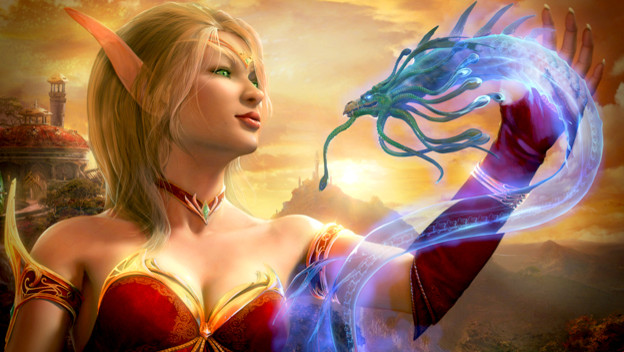Preserving gaming history is important. We’ve seen that demonstrated several times this generation. What stands out is Capcom’s Legacy Collections, the unprecedented success of Crash Bandicoot N. Sane Trilogy, and the establishment and momentum of the Video Game History Foundation. At the same time, efforts within official sources to preserve gaming history aren’t always good or even present. Games are shut down all the time, rendered unpayable without server support. Sometimes old games never make comebacks when only a niche audience would be willing to spend. This leads to efforts in a more under the table realm, with fan communities often taking matters into their own hands. Sometimes, publishers actively fight against these efforts even despite good intentions. But the fight to keep game history alive won’t end, and ultimately publishers fight a losing battle.
Let’s take a look at some recent news. Recently, a private World of Warcraft server, named Felmyst, went live after years of independent development. This server was meant to run World of Warcraft in its Burning Crusade incarnation. Burning Crusade was one of the early World of Warcraftexpansions, one that added content to the original game without making significant changes to its structure. Since then, Blizzard has drastically changed World of Warcraft, even changing the visual assets and much of the core structure. This is something to be expected, as time goes on and Blizzard wants to keep its game relevant and exciting. But what happens to what was before? Should it just vanish? Blizzard appears to think so, as it sent a legal threat to Felmyst within hours of it going live.
Another example of fans banding together to save an abandoned project is the Metal Gear Onlinecommunity. Due to the efforts of a group known as SaveMGO, the online game packaged in with Metal Gear Solid 4 has been resurrected after years of dormancy. Recently, the team was even able to make its software available to players who don’t want to jailbreak or modify their PlayStation 3s.
This rendition of Metal Gear Online is playable even on official firmware. Konami is a massive source of Metal Gear controversy at the moment, after Kojima infamously left the company and Metal Gear Solid V released somewhat unfinished. So far, Konami has not targeted the project with a shutdown.
Another interesting project has to do with MAME, the long-running emulation software for arcade games. As time went on in arcade game development, DRM became more and more advanced.
Many games have DRM so intense it isn’t actually possible to dump a game without physically cracking open the arcade board to manually extract code with a special tool and the naked, human eye. The community is crowdsourcing efforts to fill long-running gaps in the MAME library, working together to secure and pour over these elusive game boards.
It’s a fascinating contrast. We have classic games from companies being released in loving packages, sold to great success and applause. On the other hand, there plenty of games with small, dedicated communities, but no official support. Both of these situations show us how important history is to our culture, and the lengths people on either side will go to make sure we don’t forget not only the classics, but as much of the past as possible. The past informs the future, and keeping the past alive and accessible is on the forefront of our minds more than ever.

